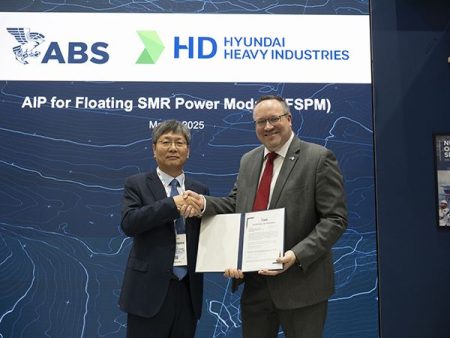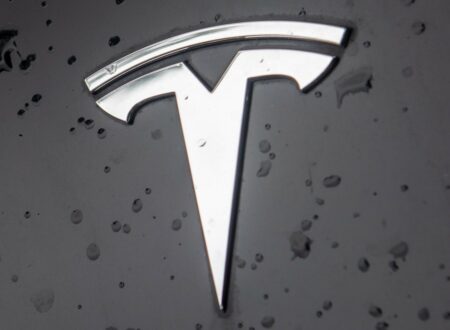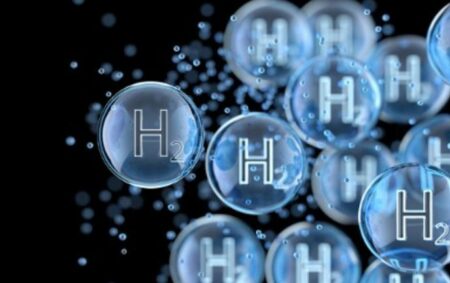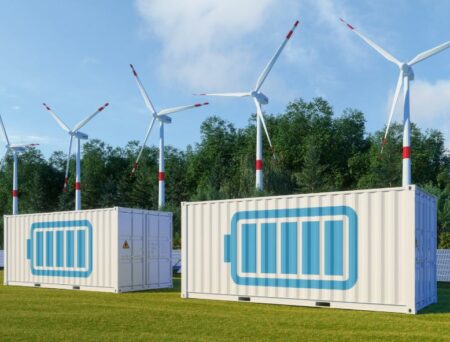Toyota, known for its cautious approach to electric vehicles (EVs), has recently undergone a change in management with CEO Koji Sato at the helm. In a recent interview, Sato expressed that while the company is committed to EVs, solid-state batteries and synthetic fuels still require further development before becoming viable options.
Toyota intends to continue its focus on hydrogen fuel-cell technology and combustion engines, even as it enters the electric vehicle market more seriously.
The Japanese automotive giant acknowledges the need for multiple approaches to meet the future of mobility. Sato’s strategy encompasses a range of options, including battery-electric vehicles, hybrids, and hydrogen-powered vehicles. While Toyota plans to strengthen its presence in the EV space with the introduction of ten electric models by 2026, the company remains dedicated to producing high-quality hybrid vehicles and conducting research on hydrogen fuel cells and hydrogen combustion.
Toyota has long been a proponent of solid-state batteries, but Sato admits that the technology is still in the developmental stage. Durability poses a significant challenge, although once overcome, solid-state batteries hold the potential for exceptional energy efficiency. Toyota remains committed to advancing this technology but acknowledges the need for more time.
Similarly, synthetic e-fuels are not currently efficient enough to be a viable option, according to Sato. Instead of pursuing a wide variety of electric vehicles like some of its competitors, Toyota will prioritize value. Sato emphasizes that every vehicle Toyota brings to market must consider its impact on customers and the environment.
Multiple options
In line with this approach, Toyota is actively researching multiple options. For instance, the plug-in hybrid Toyota Prius offers enough electric range to cover 90% of the average driver’s trips emission-free. Given that approximately 90% of all car trips in the US are under 20 miles, the Prius with its 44-mile electric range aligns well with typical driving patterns.
The success of Toyota’s multifaceted strategy remains to be seen. In 2022, the company sold 26,000 BEVs, but Sato aims to achieve annual electric vehicle sales of 3.5 million units, a number that would place Toyota back in the running as a top contender in the market.








